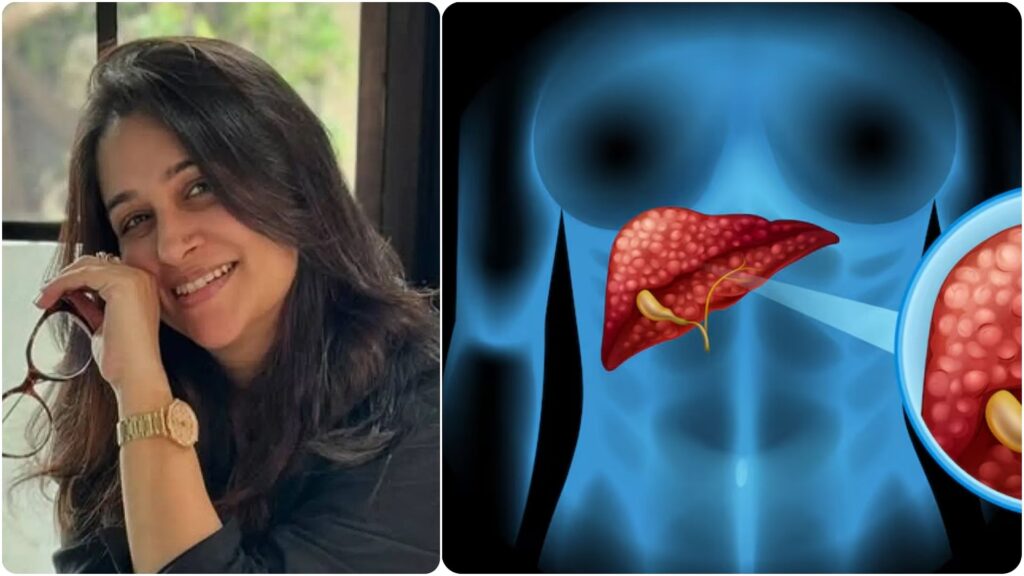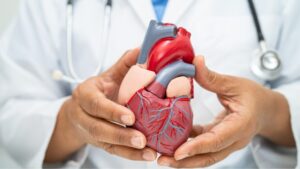Actor Dipika Kakar Diagnosed with Stage 2 Liver Cancer: Experts emphasize Don’t Ignore these Warning Signs

Actor Dipika Kakar Diagnosed with Stage 2 Liver Cancer: Experts emphasize Don’t Ignore these Warning Signs
Television actor Dipika Kakar has revealed that she is battling stage 2 liver cancer, sharing the emotional news through a heartfelt post on Instagram. Her husband, fellow actor Shoaib Ibrahim, has also been documenting her medical journey, which began with severe stomach pain and led to the discovery of a liver tumour the size of a tennis ball. Doctors later confirmed it to be cancerous.
Stage 2 liver cancer typically presents as either a single tumour larger than 2 cm that has invaded blood vessels or multiple smaller tumours (less than 5 cm). At this stage, the cancer hasn’t spread to lymph nodes or distant organs, making curative treatment through surgery a strong possibility. However, medical experts stress the importance of post-operative protocols to minimize the risk of recurrence. This includes genomic testing of the excised tumour to gain insights into its behaviour, assess recurrence risk, and plan a multimodal treatment strategy involving targeted therapies, immunotherapy, chemotherapy, or radiotherapy as required.
Liver cancer often goes undiagnosed in its early stages due to the subtlety of its symptoms, especially in younger women. Signs like fatigue, appetite loss, and abdominal discomfort can be mistaken for stress, digestive issues, or hormonal fluctuations. Medical experts also point to factors like long-term use of oral contraceptives, which may lead to benign tumours that can become malignant, as well as autoimmune conditions like autoimmune hepatitis, which is more common in women. Silent infections such as hepatitis B or C, acquired earlier in life may persist unnoticed and cause gradual liver damage, eventually triggering cancer.
Environmental contributors like aflatoxin-contaminated food or unregulated herbal supplements may also damage liver health over time.
Kakar’s diagnosis has renewed public awareness around the importance of early detection in liver cancer. According to oncologists, anyone with risk factors, such as a family history of liver disease, hepatitis infection, diabetes, obesity, heavy alcohol consumption, or smoking should undergo routine liver screenings. Tests like liver function panels, ultrasounds, and fibroscans every 6 to 12 months can help catch abnormalities before they become life-threatening.
Experts emphasize that certain warning signs of liver cancer should not be ignored:
- Unexplained weight loss: Sudden, unintentional weight loss could signal cancer. This may be accompanied by reduced appetite or feeling full after eating only small portions.
- Persistent abdominal pain: Discomfort in the upper right abdomen, sometimes radiating to the back or right shoulder blade, may be a sign of a tumour.
- Changes in appetite and digestion: Early satiety, bloating, or disinterest in food are linked to liver dysfunction.
- Jaundice: Yellowing of the skin or eyes, dark urine, and itching are signs of impaired bile flow or liver damage and often appear in more advanced cases.
- Abdominal swelling (ascites): Fluid accumulation in the belly due to liver dysfunction can present as bloating or persistent fullness.
Kakar’s courageous disclosure is not only a personal health update but also a wake-up call to prioritize liver health. Her story highlights the urgent need for awareness, early diagnosis, and proactive screening, especially for those in high-risk groups.












